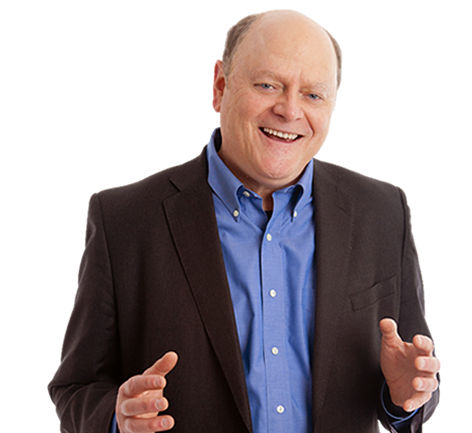 People ask me what I read. I think this question is inspired by my citing some arcane fact or that I make a weird connection now and then. I am a voracious reader, but I think what I actually read might surprise. Most of it is NOT directly about creativity and innovation (that’s a way to guarantee you’re boring!)
People ask me what I read. I think this question is inspired by my citing some arcane fact or that I make a weird connection now and then. I am a voracious reader, but I think what I actually read might surprise. Most of it is NOT directly about creativity and innovation (that’s a way to guarantee you’re boring!)
Reading widely provides more dots to connect. Broadly, I’m thinking I’m improving my database by reading a lot of varied and weird content. There is some science to this; one can make more conceptual blends if one has more to blend. And, concept blending, new connections, are where innovation comes from.
So, this is a snapshot of what I’m reading, for your non-prurient interest, and in no particular order:
- Salinger by David Shields and Shane Salerno — the most comprehensive thing I’ve read on the reclusive writer with the perfect enigmatic books and the hermetic dark side. I am particularly struck with the notion they pose that The Catcher in the Rye is a response to Salinger’s horrific World War II experiences. This is a whole new idea which I’m still digesting. Thinking of going back to read Catcher and yet again. Also never knew he was love struck with Oona O’Neil prior to her marrying Charlie Chaplin — the heartbreak was part of his creative drive, but also part of his need for seclusion.
- Out of Our Minds, Learning to be Creative by Sir Ken Robinson — this 2001 classic is one that escaped my attention until just recently. It’s dense but it’s very thoughtful and well researched. His words need to be read by every educator and corporate leader in the world. Ken knows his topic, and learning here is broader than school.
- Buddy Guy, When I Left Home, My Story with David Ritz — boy was this a fun read, like eating BBQ ribs, and raspberry ice cream with a shot of expresso. I’m a blues and guitar nut so this was right up my alley. Interesting to hear that this guitar God struggled like mad for many years, a rugged and courageous creative journey. Unexpected insights into his creative process are the payoff here — and this is very much in his own voice, very authentic.
- Crying of Lot 49 by Thomas Pynchon — I read Pynchon’s V years ago and to be honest it left me a bit dazzled. I haven’t gotten to this much shorter piece just yet, it’s next on the stack (thank you for the suggestion Doug Stevenson! @madcreative)
- Talent Wants to be Free by Orly Lobel — the concept is “we should learn to love leaks, raids, and free riding”. I haven’t read it all yet, just started, and I agree, somewhat. Still not convinced that ripping off an artists copyright is a good thing or fair. As Chris Isaak once said “you can download my songs for free as long as I can come into your house and take food from your refrigerator.” However, the larger point of more access to information is well taken.
- Charming Billy by Alice McDermott — a bittersweet novel about an Irish drunk. McDermott nails that weirdly stoic and romantic self-abusive Irish thing. Lovely and lyrical writing style, really enjoyed the ride if not the outcome of this sad story.
- Will Rogers, a biography, by Ben Yagoda — it’s hard to imagine a more interesting life than the one Rogers’ lived. He was iconic for good reasons, absolute authenticity, humility, and perseverance. Lots of creative lessons to learn but the one I take from the book most is to be honest and to be as kind and neutral as possible. His short telegrams are American poetry, and possibly the fore-runner to Twitter.
- Elsewhere, a Memoir by Richard Russo — Russo is a hero of mine, love his novels, especially Mohawk and Nobody’s Fool, so quite interesting to get a peek behind the curtain at his life. His life story, surprisingly, revolves around his relationship with his mother. I wish he’d talked more about his writing process but found his commitment to his writing in spite of all odds and obstacles to be inspirational.
- Creative Confidence by Tom and David Kelley — This is a very good book which I plan to do a more extensive review of here. It’s a message close to my heart. I’ve often said creativity is a choice, and the idea of creative confidence is very simpatico. I’m not done, but I am inspired by the personal tone, easy readability, and real world application ideas and tools. These are the IDEO guys and they are huge advocates of Design Thinking for innovation. They make the case well here. If you are at all interested in personal effectiveness this is a great read, even for those of us jaded by dozens of self-help, creativity, or innovation books.
So what are you reading? Tell me!


